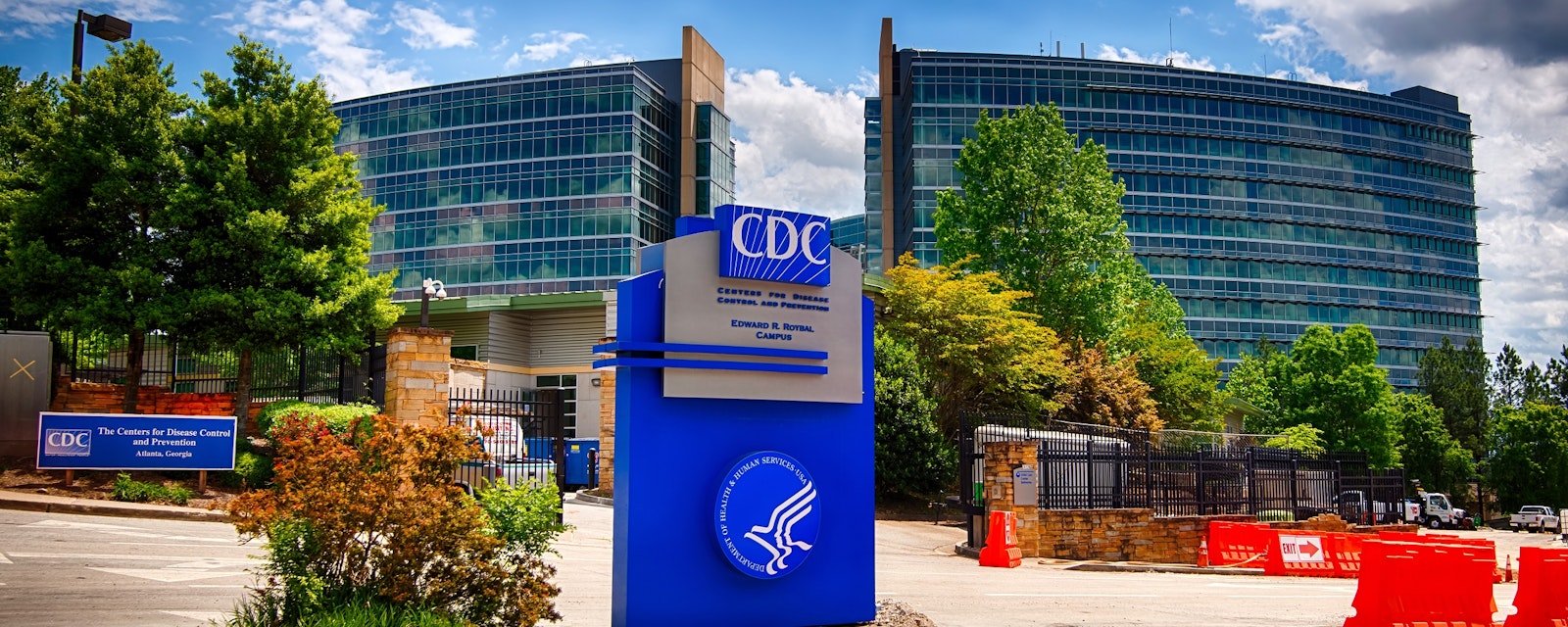On Friday, September 24, Rochelle P. Walensky, Director for the Centers for Disease Control and Prevention (CDC), endorsed the CDC Advisory Committee on Immunization Practices’ (ACIP) recommendation for a third dose (booster shot) of the Pfizer-BioNTech COVID-19 vaccine for certain populations. However, in a surprise move, the ACIP voted against recommending booster shots for those in high risk occupational and institutional settings. Nevertheless, Walensky recommended booster shots for individuals in high risk occupational and institutional settings, thus the CDC director’s official recommendation swayed from the ACIP’s recommendation.
The CDC’s recommendation followed the U.S. Food and Drug Administration’s (FDA) announcement on Wednesday, September 22, amending the emergency use authorization (EUA) for the Pfizer COVID-19 vaccine to allow for use of a single booster dose to be administered to certain populations. Despite some concerns of impropriety, Walensky’s decision ultimately aligned the CDC’s official recommendation for booster shots to that of the FDA, maximizing the potential availability of the boosters within the current FDA guidelines.
With FDA authorization, states will ultimately have the final say as to which populations are eligible for boosters, the prospect of which portends confusion and disparity similar to that experienced during the initial vaccine roll-out. In the coming weeks, states will issue their own individual guidance on who is eligible to receive a third dose of the Pfizer vaccine. However, there will likely be little practical control over who receives booster shots, which may widen vaccination inequity. Pharmacies, where approximately 70 percent of vaccines are currently being administered may lack the capacity or willingness to individually screen people and confirm their eligibility to receive the booster shot. Although there is no evidence to suggest that boosters will prompt supply concerns, state-by-state disparity, coupled with the CDC director’s unilateral action regarding the agency’s recommendation, may further heighten confusion about booster shots.
Critically, boosters will do little to stem the heightened case rate that the United States is experiencing, with most current cases of COVID-19 occurring among those who have not yet received even a first dose of any COVID-19 vaccine.
CDC and FDA Guidance Focuses on Heightened Risk
Currently, the CDC recommends that people aged 65 and older, residents in long-term care facilities and people aged 50 to 64 with underlying medical conditions should receive a booster shot of the Pfizer vaccine at least 6 months after receiving their second dose of the Pfizer vaccination series. Additionally, the CDC recommends that people aged 18 to 49 with underlying medical conditions and people aged 18 to 64 who are at increased risk for COVID-19 exposure and transmission due to occupational or institutional setting, such as doctors, nurses and first responders, may receive a booster shot of the Pfizer vaccine at least 6 months after receiving their second dose of the Pfizer vaccination series.
The timeline is unclear for when the FDA and CDC are expected to endorse booster shots to additional groups. The timeline is also unclear for when the FDA is expected to put the Moderna and Johnson & Johnson vaccines through the same process to determine if the agency recommends booster shots of those vaccines. Additionally, for now, it is not recommended to mix different vaccination series.
Effectiveness of Booster Shots
CDC data has indicated that while a full vaccination series continues to provide strong protection against serious COVID-19 illness for all ages, there is a slight decrease among the oldest adults and immunity against milder infection appears to be diminishing months after initial immunization. This data prompted the FDA and CDC to recommend booster shots in order to provide more at-risk populations with increased protection against the virus, though the duration of protection following boosters is currently unknown.
The approval of booster shots is expected to aid in protecting people from the Delta variant of COVID-19, which is believed to be two times more contagious than the original virus, and potentially more likely than the original virus to cause severe illness. People who are unvaccinated remain the most at risk, with those unvaccinated making up the vast majority (99 percent) of cases of severe illness and death. The greatest risk of transmission exists among unvaccinated people who are more likely to get infected, and therefore transmit the virus.




